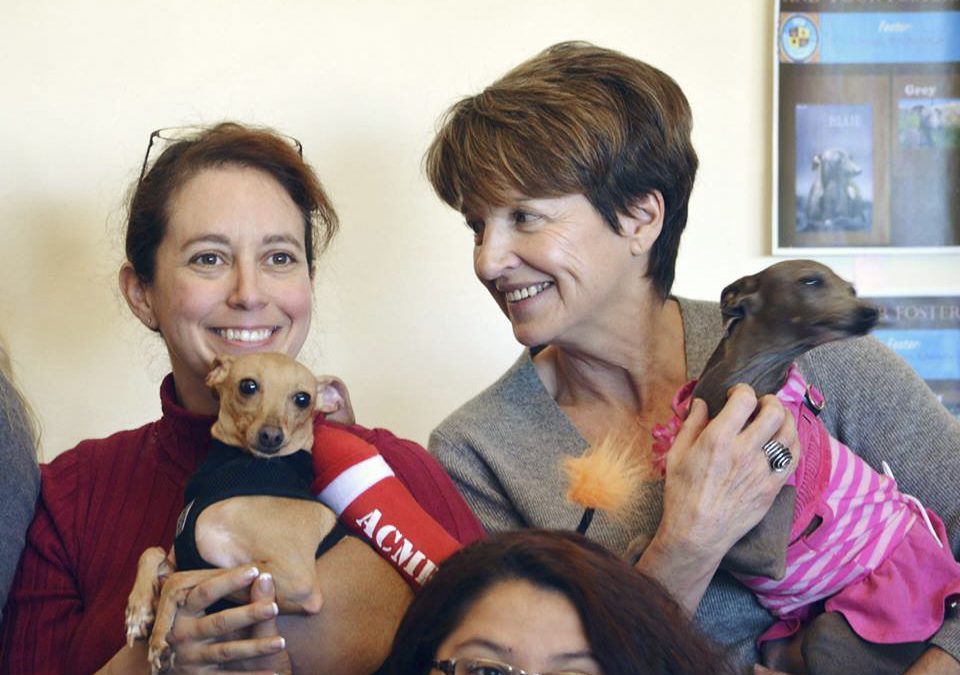Friday July 31
New reports continue to surface about the implications of the COVID for people, their everyday lives, and their pets. This week was no exception. An article in National Geographic told the story of Buddy, a dog who tested positive for SARS-C0V-2, the coronavirus that causes COVID-19, and died. It was learned too that on the day Buddy, a German Shepherd, died, he was also experiencing symptoms of lymphoma.
Full story available here
Not surprisingly in our digital age, the story spread quickly. At the shelter we want to understand what’s relevant about Buddy’s experience for animal shelter care, how to communicate with concerned staff and apprehensive pet parents, and, what to make of the science about human-pet and pet-pet transmission of the virus.
Our go to resource in the first instance is Dr. Scott Weese and his Worms and Germs blog https://www.wormsandgermsblog.com/ Dr. Weese is not an advocate for testing for the sake of testing. He is an advocate for “more research that looks at positives and negatives [test results] and can put the story together about things like how often there is human-pet transmission, how often infected pets get sick, what risk factors increase the odds of transmission or illness, how long infected pets shed the virus and, ideally to help put the story together about the risk of subsequent transmission to animals or people”.
Safety First
In short, we don’t yet know enough to be alarmed, we do know that we need to be cautious and curious. When the Hamilton/Burlington SPCA committed to sheltering pet companions belonging to persons hospitalized for COVID related treatment, we developed protocols for the handling and care of pets to keep people and other animals safe. As always, we recommend that pet families talk with their veterinarian when their pets have symptoms of possible illness and distress. And we recommend that dogs, just like people, be safe in their “bubble”.
Looking ahead, Buddy’s legacy asks of the research – Are animals with underlying conditions more susceptible to the virus? What information should veterinarians collect? What tests should be carried out? How are emerging insights being shared across fields of interest? This is much like the growing narrative on the human experience with the COVID.
It is the eve of August long weekend and a full moon. I hope you, your family and friends, and your favourite furry companions – are healthy and safe.
Sincerely,
Marion Emo
President and CEO
Keeping Distance Staying Connected.

